Navigating Time: A Comprehensive Look At Ireland’s Time Zone
Navigating Time: A Comprehensive Look at Ireland’s Time Zone
Related Articles: Navigating Time: A Comprehensive Look at Ireland’s Time Zone
Introduction
In this auspicious occasion, we are delighted to delve into the intriguing topic related to Navigating Time: A Comprehensive Look at Ireland’s Time Zone. Let’s weave interesting information and offer fresh perspectives to the readers.
Table of Content
Navigating Time: A Comprehensive Look at Ireland’s Time Zone

Ireland, an island nation nestled in the North Atlantic, operates on a single time zone, Greenwich Mean Time (GMT), also known as Coordinated Universal Time (UTC). This singular time zone structure provides a clear and consistent framework for daily life, business operations, and communication within the country.
Understanding Ireland’s Time Zone
Ireland’s adherence to GMT reflects its geographical location. Situated on the western edge of Europe, the country falls within the same longitudinal band as the prime meridian, which runs through Greenwich, England. As a result, Ireland experiences daylight hours that closely align with those of the United Kingdom.
Historical Context
The adoption of GMT in Ireland dates back to the 19th century, when the need for a standardized time system became increasingly apparent with the advent of railroads and telecommunications. The British Isles, including Ireland, adopted GMT as a means of coordinating schedules and ensuring smooth operations across the vast network of transportation and communication infrastructure.
Benefits of a Single Time Zone
The single time zone system in Ireland offers numerous advantages:
- Simplicity and Consistency: The use of a single time zone eliminates any confusion or ambiguity regarding time within the country. This consistency simplifies daily routines, business operations, and scheduling across all sectors.
- Enhanced Communication: A unified time zone facilitates seamless communication within Ireland. Meetings, phone calls, and online interactions proceed smoothly without the need for time zone conversions.
- Synchronization with Major Trading Partners: Ireland’s alignment with GMT ensures synchronization with its primary trading partners, including the United Kingdom and other European countries. This facilitates trade and business transactions, minimizing potential delays and misunderstandings.
- Efficient Transportation and Logistics: A single time zone streamlines transportation and logistics operations within Ireland. Schedules for flights, trains, and deliveries remain consistent, optimizing efficiency and minimizing disruptions.
Implications of Time Zone on Daily Life
Ireland’s time zone has a tangible impact on daily life, particularly in relation to:
- Sunrise and Sunset: Due to its westerly location, Ireland experiences later sunsets compared to countries further east. This extended daylight period offers opportunities for outdoor activities and leisure pursuits in the evenings.
- Working Hours: The alignment with GMT influences working hours, with typical business hours mirroring those of the United Kingdom.
- Social Interactions: The shared time zone fosters a sense of shared experience and synchronicity with the United Kingdom, influencing social interactions and cultural exchanges.
FAQs Regarding Ireland’s Time Zone
Q: Does Ireland observe Daylight Saving Time (DST)?
A: No, Ireland does not observe Daylight Saving Time. The country remains on GMT throughout the year.
Q: How does Ireland’s time zone differ from other European countries?
A: Ireland shares the same time zone as the United Kingdom. Other European countries observe Central European Time (CET), which is one hour ahead of GMT.
Q: What is the difference between GMT and UTC?
A: GMT and UTC are essentially synonymous. UTC is the international standard for timekeeping, replacing GMT in 1972. However, in common usage, GMT is still widely used, particularly in the United Kingdom and Ireland.
Q: What are some tips for interacting with people in Ireland from different time zones?
A: When communicating with individuals in other time zones, it is essential to be mindful of their time and schedule. Consider their time zone differences when scheduling meetings, phone calls, or emails.
Conclusion
Ireland’s adherence to GMT provides a stable and consistent time framework, facilitating communication, business operations, and daily life within the country. While its westerly location brings later sunsets and a shared time zone with the United Kingdom, the overall benefits of a single time zone outweigh any perceived disadvantages. This consistent timekeeping system plays a crucial role in Ireland’s seamless integration into the global network of communication, trade, and transportation.


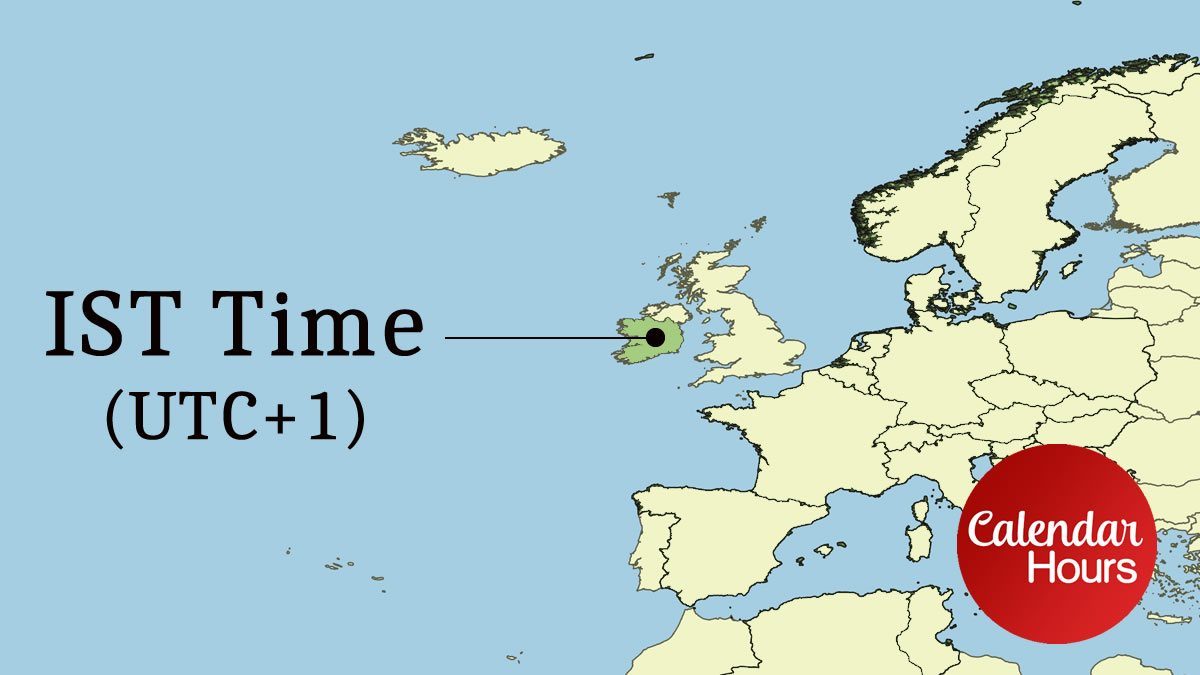
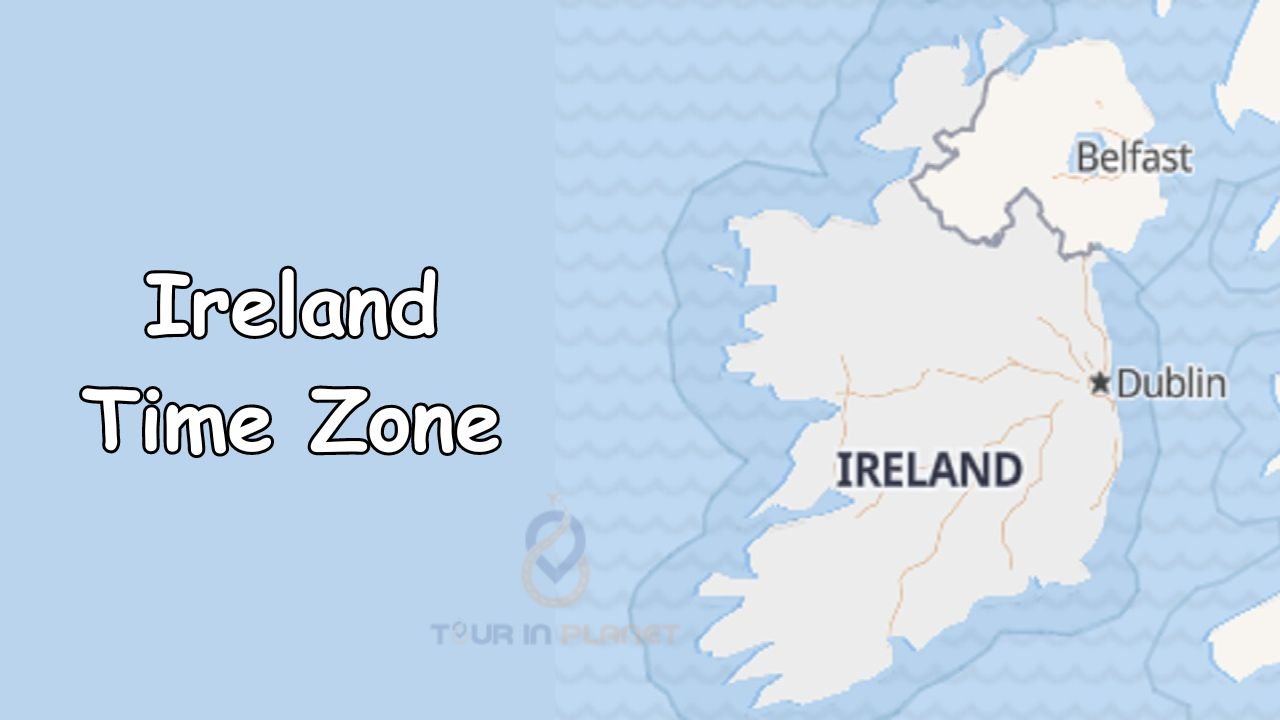
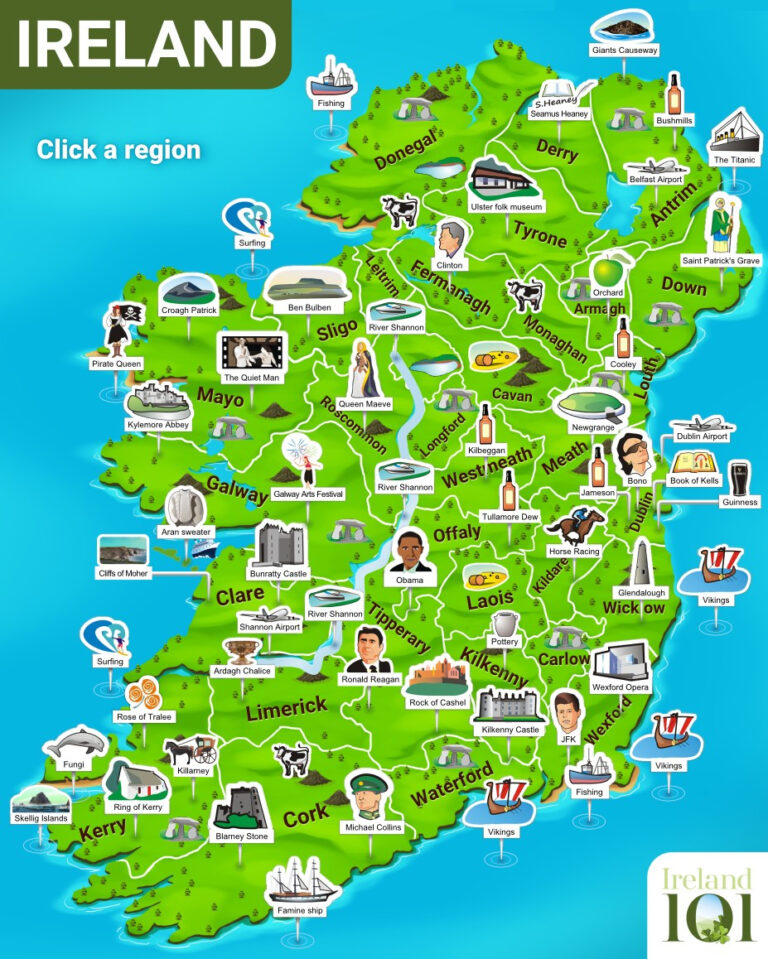
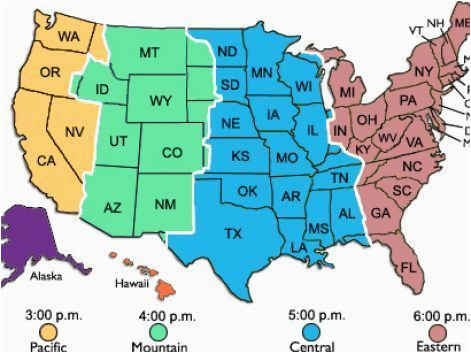
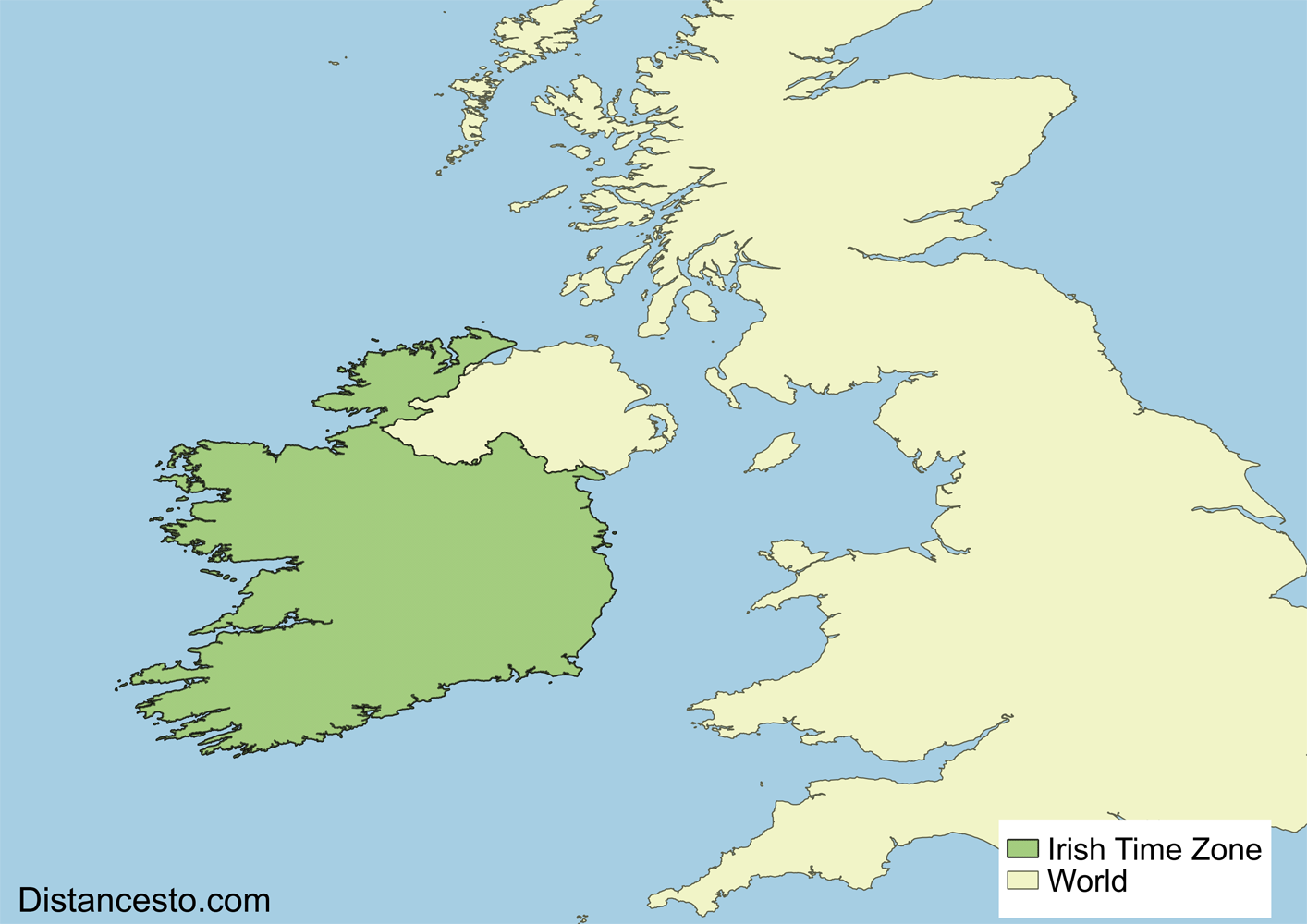
Closure
Thus, we hope this article has provided valuable insights into Navigating Time: A Comprehensive Look at Ireland’s Time Zone. We thank you for taking the time to read this article. See you in our next article!